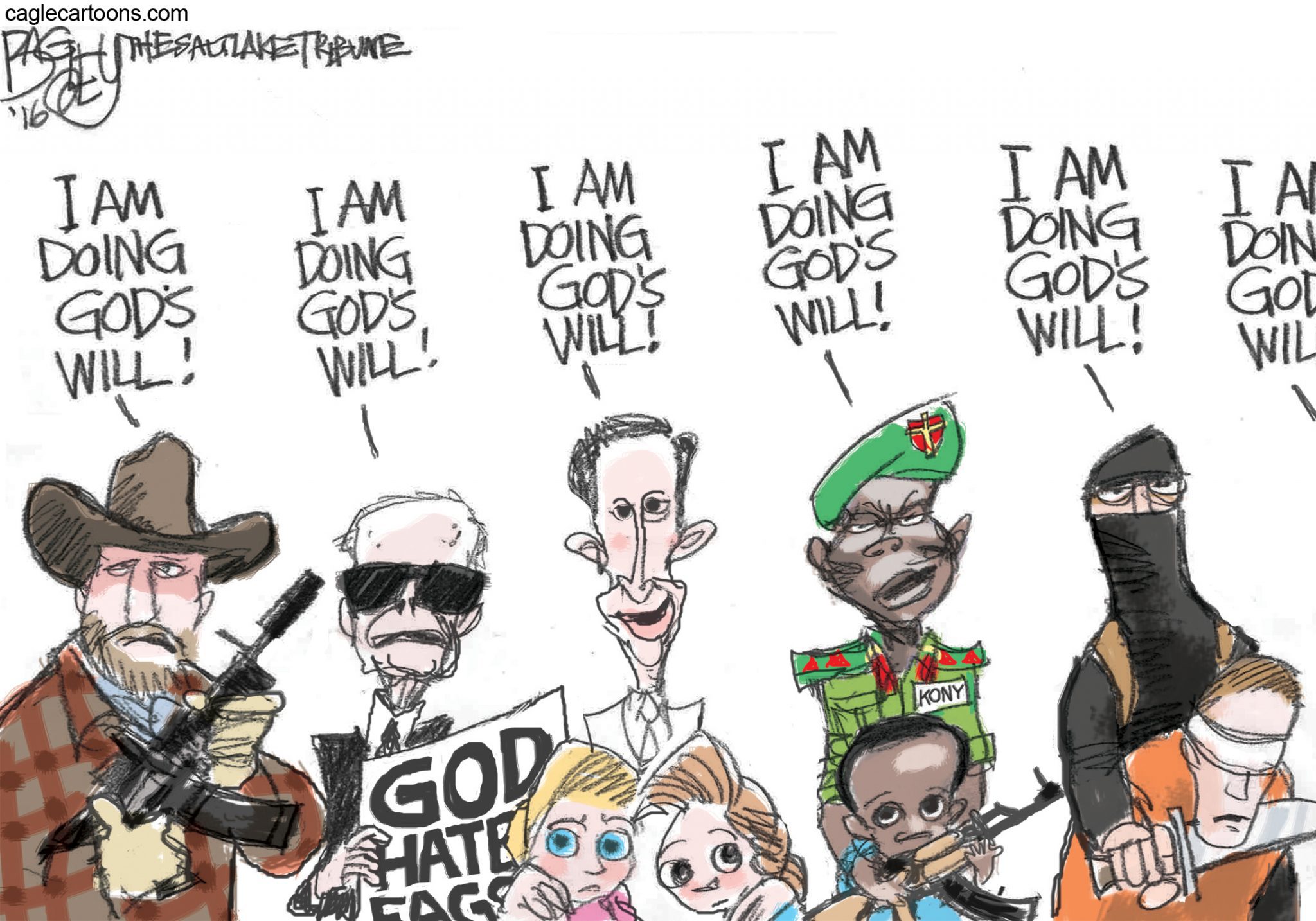BY MARK DAVIES
Many self identified Christians in the United States feel persecuted. They are outraged that they have to bake cakes for same gender weddings, allow persons who are transgender to use public restrooms of their choice, provide coverage for the whole range of women’s health care for their employees, not fire workers based on sexual or gender orientation, and allow Muslims freedom of religious expression. Many self-identified Christians see these things as an affront to their morality and an attack on their religious freedom rather than a just implementation of the United States Constitution’s guarantee of equal protection of law for all persons.
In the generations right before my own, many self-identified Christians also expressed feelings of being persecuted. They were outraged that they could not continue the practices of Jim Crow in the South, that people of different races would date or marry one another, that women would aspire to equal rights with men, and that persons who were LGBTQ would do anything but totally repress their sexual and gender orientation. Earlier generations of self-identified Christians in the United States felt persecuted when their “right” to own other people was challenged. Christian denominations even split over these issues, including my own Methodist church.
Many self-identified Christians who feel persecuted may find solace in the passage from the Beatitudes where Jesus says “blessed are the persecuted.” Perhaps they see their reward as the “Kingdom of Heaven” as the passage promises. The passage, however, reads “blessed are those who are persecuted for righteousness’ sake” – not blessed are those who are persecuted for denying persons equal protection under the law. Feeling persecuted because you can’t treat people unequally is not persecution for the sake of righteousness. It is persecution for the sake of wanting to treat people unequally – in other words, persecution for the sake of bigotry.
Christians in the United States who follow the way of Jesus may well experience persecution for righteousness’ sake in the years ahead. They may be persecuted for protecting our Latin@ sisters and brothers from deportation, for resisting a proposed Muslim registry and attacks on freedom of religious expression, for resisting systemic racism, for resisting voter suppression across the country, for resisting the exploitation of the natural world and protecting a livable climate, for standing with indigenous persons to protect water and land, for resisting growing white nationalism, and for protecting the equal rights of persons who are LGBTQ.
If Christians in the United States follow the way of Jesus, then we may very well see millions of Christians being persecuted for righteousness’ sake in the years ahead. If Christians in the United States follow the way of Jesus, then we should see millions of Christians being arrested over the next four years. Blessed are those who are persecuted for righteousness’ sake for they will inherit the Beloved Community.
– Mark Davies is the Wimberly Professor of Social and Ecological Ethics and director of the World House Institute for Social and Ecological Responsibility at Oklahoma City University. Click here for more of his essays.








